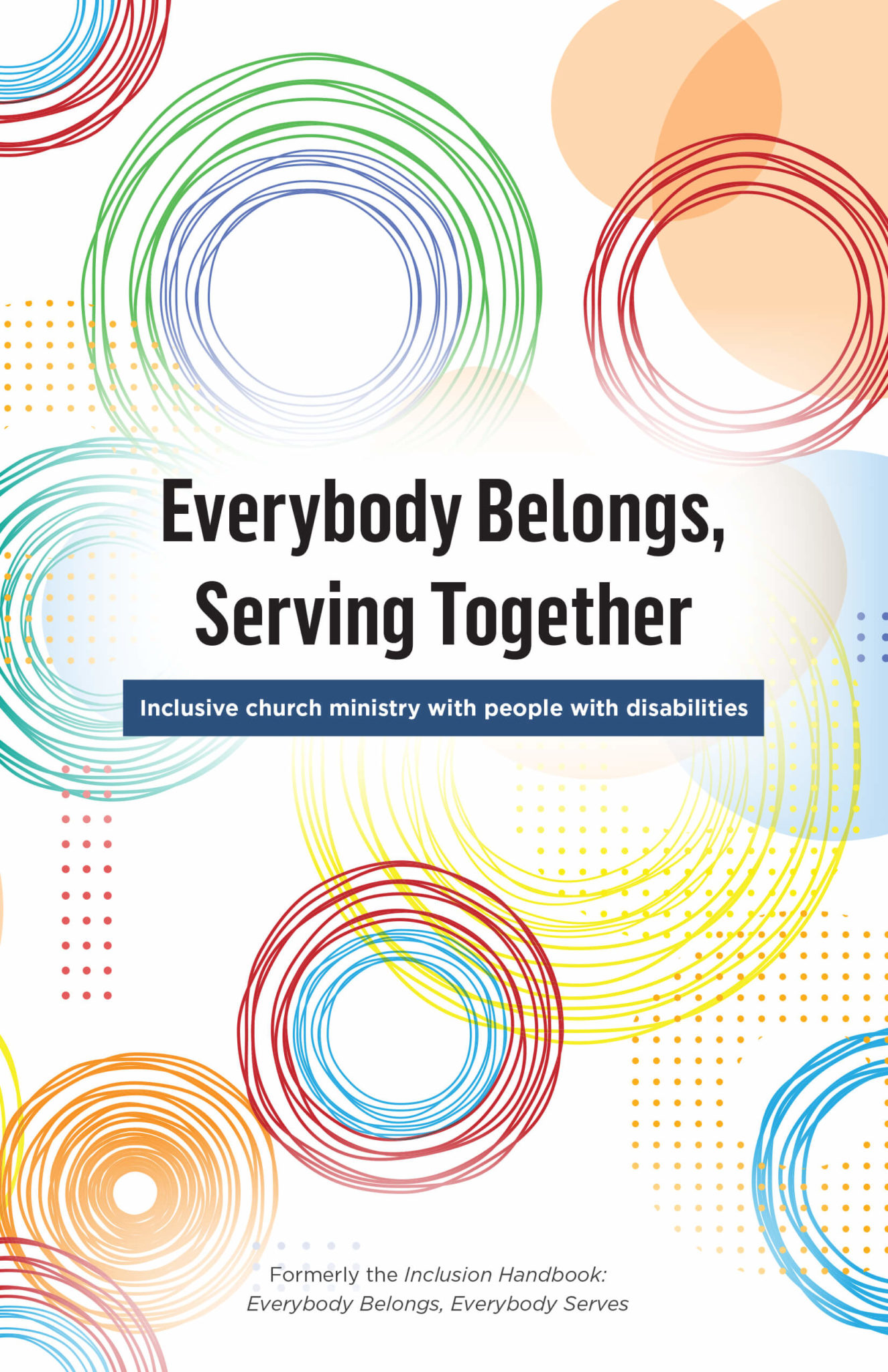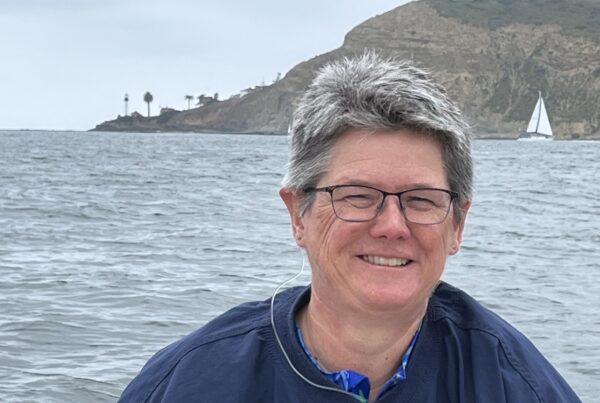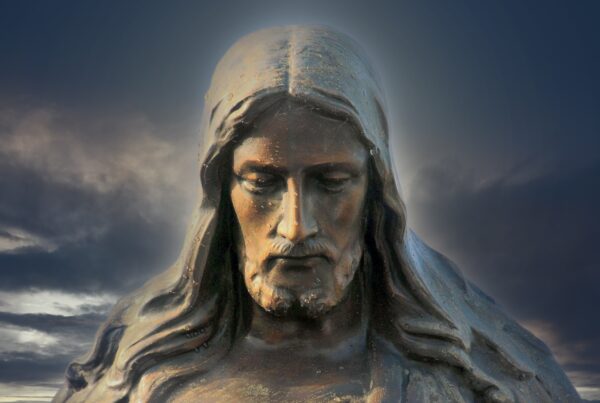The question of identity—what makes me me—is complex and challenging. The complexity becomes even greater when we encounter the kinds of challenges that come with the experience of dementia. How can I be me when I have forgotten who I am? Many of us within Western cultures at least, tend to construct our identities in ways that are particularly problematic for people with dementia.
When we are trying to get to know someone, we often begin by asking questions about who they are, what they do, where they have been, and what kind of plans they might have for the future. Once these questions are answered, we assume that we know, to an extent, who the person is. We come to know the person primarily in relation to the stories that they tell about themselves and others. The assumption is that the person’s identity is autobiographical (to do with telling of their own story). We are the stories that we tell about ourselves.
Problems arise when we have forgotten our story and the stories of others. When this happens, people assume that we have lost our identity: “we are not the person we used to be.” The underlying assumption is that we are our memories, and if we cease to remember certain things, we somehow disappear. This is a very fragile perspective on identity. Imagine if you fell down a flight of stairs and seriously damaged your brain and lost your memories. By the time you got to the bottom of the stairs you would be a different person from the person you were at the top of the stairs. Is our identity really so fragile?
From a theological perspective, we encounter quite a different understanding of what makes me me. From a biblical perspective, we are who we are not because of what we do or do not do or what we can or cannot remember. We are who we are in Christ. In Galatians 3:26-28 (ESV), Paul says: “for in Christ Jesus you are all sons of God, through faith. For as many of you as were baptized into Christ have put on Christ. There is neither Jew nor Greek, there is neither slave nor free, there is no male and female, for you are all one in Christ Jesus.”
Our identity is found and held in Christ. We are not defined by the stories that we tell about ourselves but by God’s story and his placing of our identity as being in Christ. More than that, in Colossians 3:3 (ESV), Paul tells us that our identity is hidden in Christ: “For you died, and your life is now hidden with Christ in God.” Even the things we think we know about ourselves are limited. Losing our memory doesn’t mean that we lose our identity. It simply means that we are forced to recognize the sometimes overlooked significance of God holding us in who we are.
This theological notion of our identity being held in Christ requires to be experienced as well as understood. The pastoral task is to create communities of inclusion, memory, and belonging, where each of us helps the other feel secure in who we are even when we are going through sometimes radical changes. Communities of inclusion, belonging, and memory are where we discover hope and new possibilities in situations where such things can be hard to find.
Suggestions for further reading:
- Swinton, John, Becoming Friends of Time: Disability, Timefullness and Gentle Discipleship (Waco, Texas: Baylor Press, 2016).
- Sabat, Steven, The Experience of Alzheimer’s Disease Life Through a Tangled Veil (Oxford: Blackwell Publishers Ltd, 2001).
- Carder, Kenneth L., Ministry with the Forgotten: Dementia through a Spiritual Lens (Nashville: Abingdon Press, 2019).
Listen to the audio version
From Everybody Belongs, Serving Together
Explore the full guide to inclusive ministry with people who have disabilities
- Stories and guidance directly from people who have disabilities
- An interactive accessibility audit with personalized recommendations for your church
- Suggestions for engaging with people who have specific disabilities, from hearing loss to autism
- So much more!
John Swinton
John Swinton is the Chair in Divinity and Religious Studies at the School of Divinity, History, and Philosophy, University of Aberdeen, Scotland. Previously he worked as a registered mental health nurse and as a hospital chaplain and community mental health chaplain. John is the author of numerous books and articles on the intersection of faith and disability.




